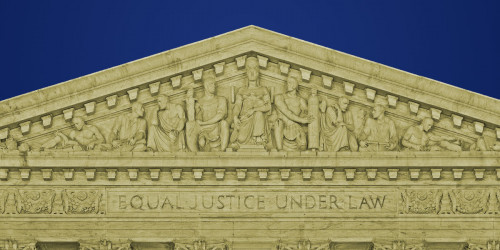Omani Blogger Arrested
The Sultanate of Oman has received little attention throughout the so-called Arab Spring, despite unprecedented protests last February. Although there is no reported online political censorship, reports that the government monitors private communications, as well as the country's recently amended penal code (which suggests punishment for those charged with weakening the "prestige of the state"), suggest that the Omani blogosphere likely engages in self-censorship. Despite that, no blogger has ever been reported arrested in the Gulf country...until now.
According to a report from Global Voices Advocacy, Muawiya Alrawahi was detained for a blog post and a series of tweets in which he criticized the government. The report states that Alrawahi wrote, in a now-deleted Arabic-language post on his blog, about "suffering sexual abuse as a young teenager, his earlier involvement with Oman's Internal Security Service (ISS), his admiration for and connections to ex-ISS Brigadier-General Khamis Al Ghraibi (now imprisoned under charges of spying for the UAE), his lack of religious belief, his disillusionment with Oman, and his loss of faith in the ruler Sultan Qaboos." Alrawahi's arrest comes shortly after the arrests of two journalists in the country on charges of "insulting" the country's Minister of Justice.
Alrawahi's arrest signals a downward turn for Oman. EFF urges Omani authorities to protect the right to free expression online by releasing Alrawahi unconditionally and re-considering elements of the penal code that would restrict the universal right to free speech for Oman's citizens.
South Korean Indicted for Tweets
South Korea is one of a handful of democracies that justifies online censorship on the basis of "national security." The country's National Security Law allows for harsh punishments to be meted out to those who "praise, encourage disseminate or cooperate with antistate groups, members or those under their control." The law covers, unsurprisingly, affiliation with or support for North Korea, and allows the government to block websites related to North Korea and communism.
As the New York Times reports, that law was recently used to detain Park Jung-geun, a 23-year-old photographer, for re-posting content from North Korean government site Uriminzokkiri.com to his Twitter account. As it happens, South Korean media regularly cite the government-run website in news reports.
Park claims that his Twitter posts were intended sarcastically, but prosecutors have countered that the Twitter account "served as a tool to spread North Korean propaganda." Park could face up to seven years in jail if convicted.
EFF urges South Korean authorities to immediately drop the charges against Park Jung-geun.
China Cracks Down Over Tibet Unrest
Following news last week that China had shut down Tibetan blogs amid heightened tensions between Tibetans and the central government, new reports claim that the government also shut down Internet and mobile access during the protests. China's "kill switch" was previously used in 2009 to cut off access in the western Xinjiang province following ethnic riots in Urumqi.
EFF reiterates its condemnation of China's heavy-handed censorship policies and once again calls upon the Chinese government to stop silencing Tibetan voices.











